The Great Security Guard Debate
Cape Town has one of the highest crime rates in South Africa, with burglaries, theft, and vandalism plaguing homes and businesses alike. In response, many property owners turn to security guards in Cape Town—but do they actually reduce crime? merely a reactive measure, while others swear by their deterrent effect. So, what does the evidence say?
Some argue that guards are merely a reactive measure, while others swear by their deterrent effect. So, what does the evidence say?
In this article, we examine real-world data, expert insights, and case studies from Cape Town to determine whether hiring security guards is a sound investment for crime prevention.
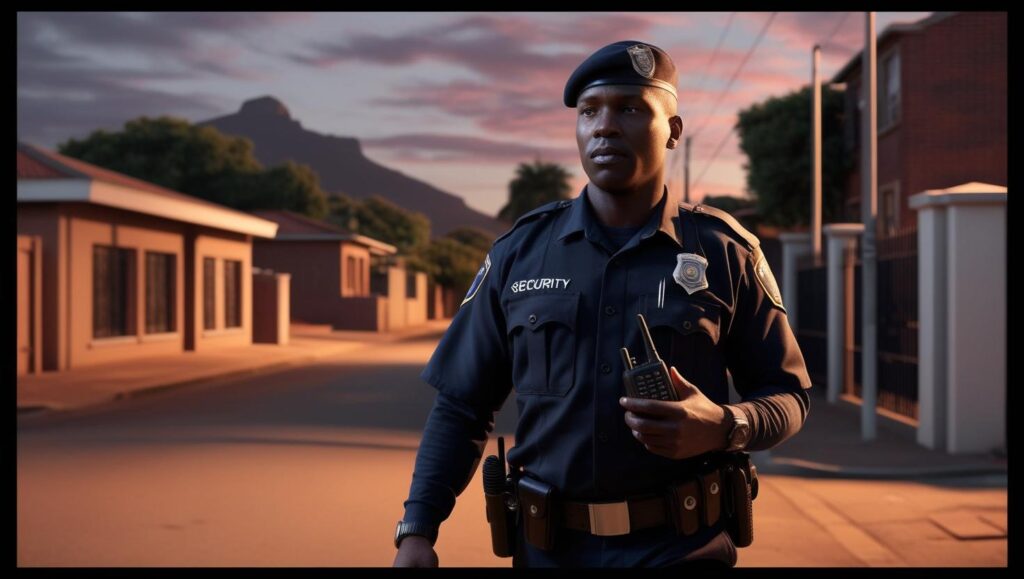
1. The Psychology of Deterrence: Why Visible Guards Work
Crime Follows the Path of Least Resistance
Criminals are opportunistic. Studies in criminology (including the UK’s “Does Patrol Presence Reduce Crime?”) consistently show that visible security measures—such as guards, cameras, and signage—deter criminal activity.
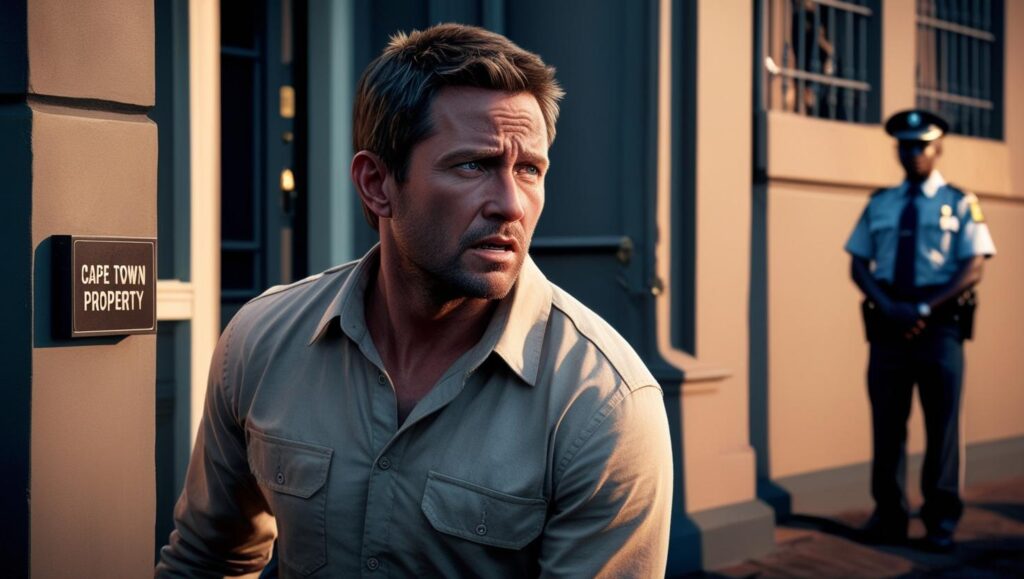
In Cape Town, where burglaries and property crimes are rampant, a uniformed security guard signals:
✅ Increased Risk of Detection – Criminals avoid properties where guards are present.
✅ Immediate Consequences – Guards can intervene before police arrive.
✅ Psychological Pressure – The mere presence of authority figures disrupts criminal planning.
2. Security Guards Making a Difference in Cape Town
Retail Crime Reduction
A major retail store experienced a 37% drop in shoplifting incidents after hiring 24/7 security guards. The guards’ presence, combined with CCTV monitoring, made theft far riskier for offenders.
Gated Community
A residential estate in Claremont saw break-ins decrease by 52% after implementing roving patrols and access control. Guards verified visitors and monitored blind spots that cameras missed.
Construction Site Security
A construction company in Milnerton reported zero equipment thefts after employing night guards. Previously, they lost thousands monthly to stolen materials.
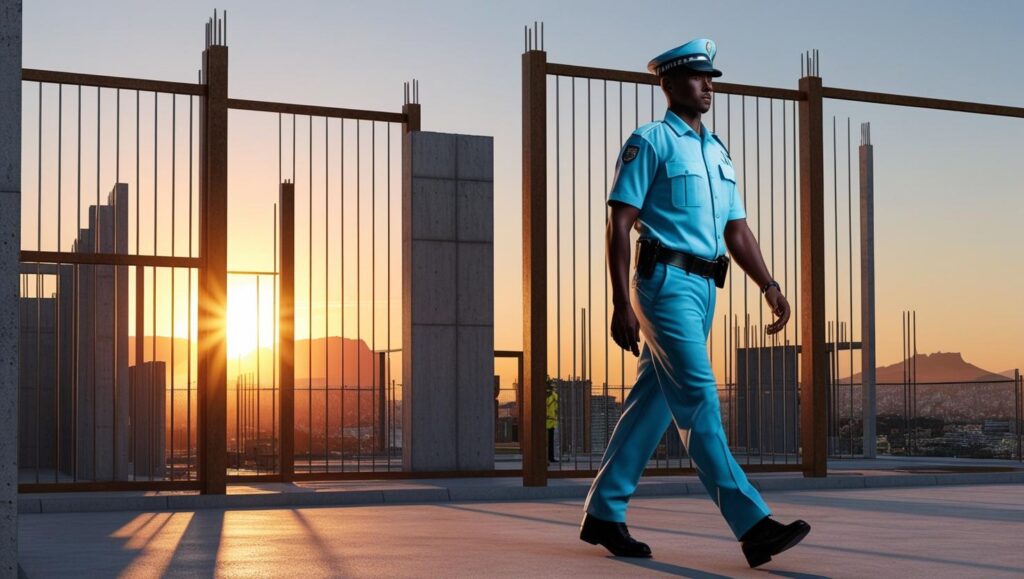
3. Armed vs. Unarmed Guards: Which Is More Effective?
When Armed Guards Are Necessary
- High-risk areas (cash-in-transit, jewelry stores).
- Remote properties where police response is slow.
- Night-time security for warehouses.
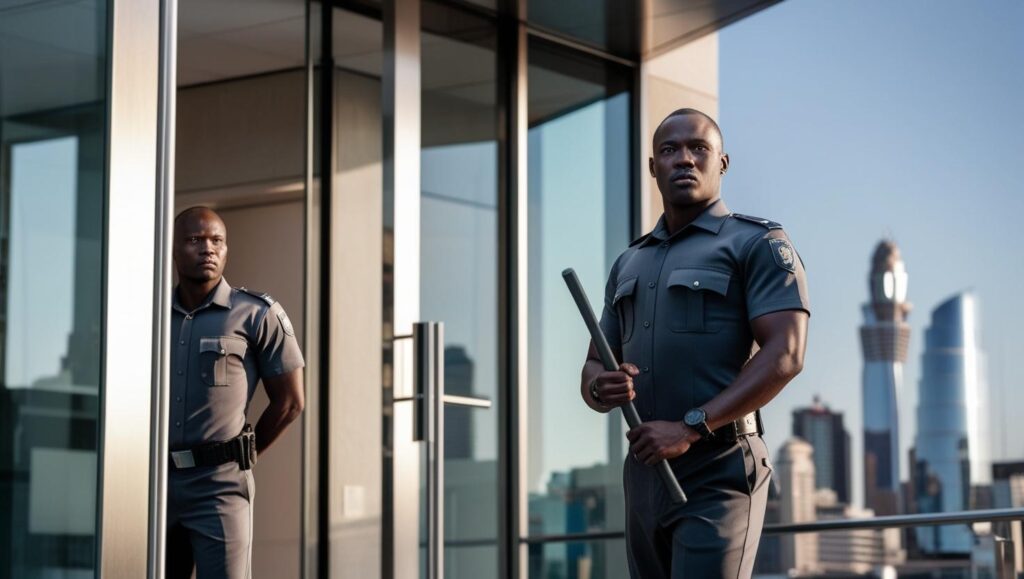
When Unarmed Guards Suffice
- Low-risk residential areas.
- Daytime monitoring (e.g., shopping centers).
- Access control (checking visitors at gates).
Expert Insight:
“Armed guards are a stronger deterrent, but unarmed guards with proper training can still prevent most crimes through presence and vigilance.” — PSIRA-certified security consultant
4. Limitations: When Security Guards Aren’t Enough
While guards are highly effective, they work best when integrated with other measures:
- CCTV cameras (for evidence collection).
- Alarm systems (to alert guards of breaches).
- Access control (biometric scanners, key cards).
Example:
A Cape Town tech company combined guards + AI-powered cameras and reduced unauthorized access by 89%.
5. How to Maximize Your Security Guards’ Effectiveness
Best Practices for Property Owners
✔ Strategic Placement – Position guards at entry points and blind spots.
✔ Randomized Patrols – Avoid predictable routines that criminals exploit.
✔ Training Matters – PSIRA-certified guards handle conflicts better.
✔ Community Coordination – Neighborhood watches + guards = stronger deterrence.
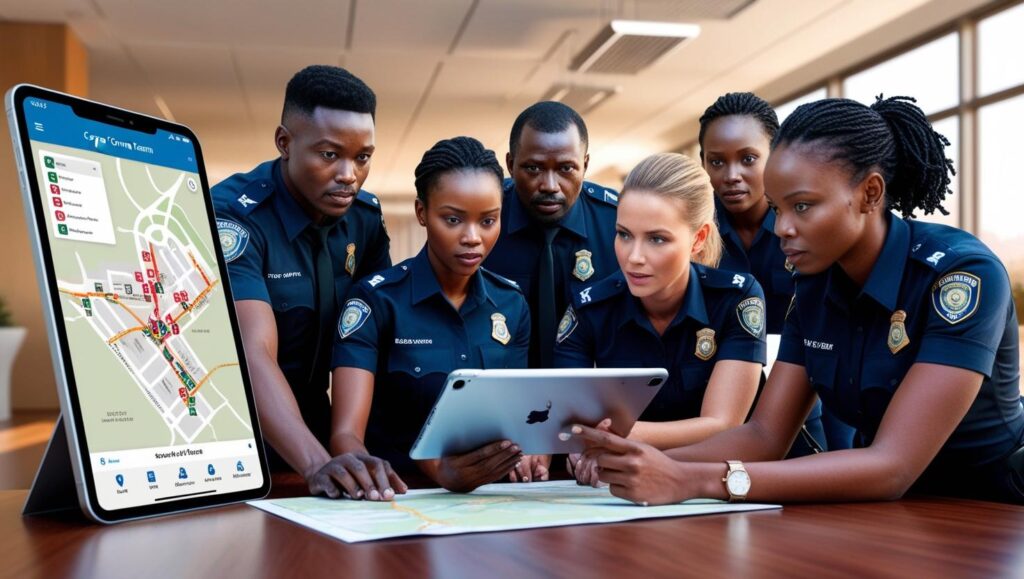
Are Security Guards Worth It?
The evidence is clear: Security guards in Cape Town significantly reduce crime when deployed correctly. They deter criminals, provide rapid response, and create a safer environment for businesses and residents.
However, the best results come from combining guards with technology (CCTV, alarms) and proper training.
Ready to Enhance Your Property’s Security?
📞 Contact SAS Security today for a quotation — because prevention is always better than reaction.
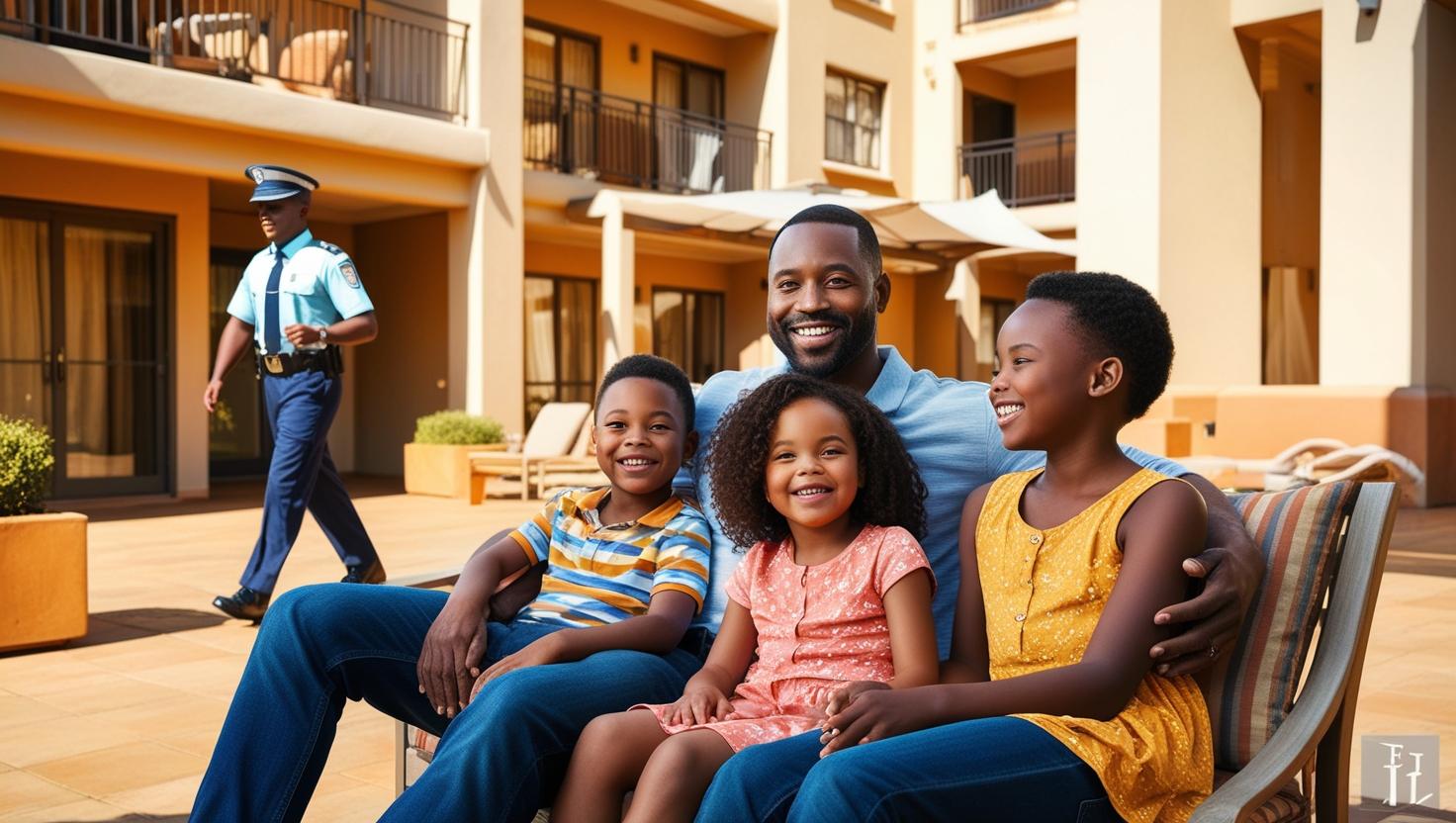
Discover the key differences between armed and unarmed security guards and learn how to choose the best option for your property in Cape Town – read our recent article here…
